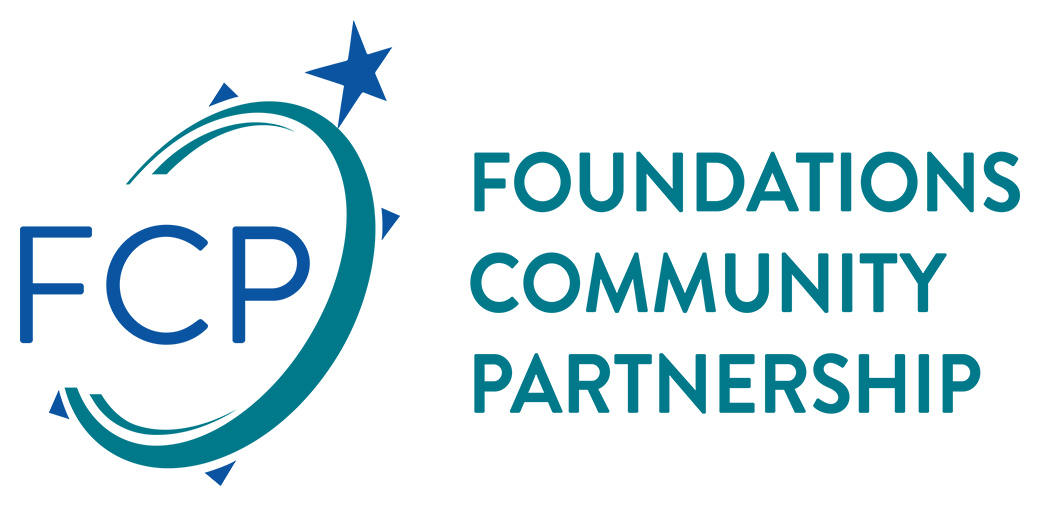Lively Presentation Enhanced Informative Workshop
Today’s audience enjoyed a great workshop today presented by Carisa Perry-Parrish, Ph.D, who returned to the FCP Professional Workshop Series by popular request.

Carisa Perry-Parrish, Ph.D.
“Adolescent Emotional and Social Development: Sadness Regulation and Peer Acceptance,” had three objectives:
1. Identify normative emotional and social changes typical of adolescence.
2. Understand evidence-based prevalence of increased emotional difficulties.
3. Become familiar with evidence based approaches to address adolescent difficulties with sadness regulation and interpersonal vulnerabilities.
Dr. Parrish met these objectives through a dynamic presentation of research, treatment examples from her practice, and a great sense of humor. Throughout the workshop, she provided research data and research citations, along with amusing anecdotal examples from her practice at Hopkins. I expect that the data was painless, even for statistics-phobic participants. The 3 hours went by quickly.
The first half of the workshop focused on helping the participants understand emotion regulation and its association with mental health to meet her first two objectives. Her description of emotions included the basic characteristics that we all expect (anger, fear, happiness, sadness, disgust, love) and the purpose these emotions serve.
Dr. Parrish provided her favorite description of the “Functionalist approach to emotions”: “Emotion regulation consists of the extrinsic and intrinsic processes responsible for monitoring, evaluating, and modifying emotional reactions, especially their intensive and temporal features, to accomplish one’s goals” (Thompson, 1994). Dr. Parrish emphasized that emotions both regulate behavior and cognition, and emotions can be regulated by behavior and cognition.
Dr. Parrish also provided a definition of “Emotion Dysregulation” and the impact on the mental health of the child: “Dysregulation is responsible for the disruption of the smoothness of ongoing stream of social interactions, reciprocity, and cooperation” (Whalen & Henker, 1992).
She pointed out that the effects of chronic “Emotion Dysregulation” can impact medical/physical, cognitive and emotional development of the adolescent. Dr. Parrish provided many examples of the lasting impact of chronic “Emotion Dysregulation” on social development and the need for treatment for this disorder.
Dr. Parrish achieved her third objective by presenting the essence of several evidence based treatment techniques to address interpersonal difficulties of adolescents with a special focus on sadness regulation. These included: Behavioral Parent Management Training (PMT) and Cognitive-Behavioral Therapy (CBT). Once again, she talked about the evolution of these treatment approaches, leading to the “Third Wave” of empirically based treatment for maladaptive behavior. The “Third Wave” begins the inclusion of “Emotion Regulation” and “Mindfulness” as part of the treatment.
As in her previous workshop, the presentation by Dr. Parrish was characterized by relaxed competence, which created an environment with no tension for the audience. As usual, I was a little concerned when Dr. Parrish offered open questions from the participants throughout the presentation, instead of waiting until the end. There were 43 pages of slides to present in 3 hours! I was worried that she would not be able to present the “practice” part of the “Scientist-Practitioner” model of treatment. Dr. Parrish was able to provide an overview of evidence based practice for this topic. Once again, clearly she knew her “stuff” and was comfortable responding to questions throughout the workshop.
Typically, during all FCP workshops, I listen to the presenter, and observe the audience reaction with two parts of my brain. One part is absorbing the workshop material, and the other part is taking notes for the Blog. During this workshop, I was having so much fun listening and learning I occasionally forgot to take notes for the Blog. The reaction of the professional audience was very positive during the break and throughout today’s workshop. This was another very satisfying presentation. Thank you, again, Dr. Parrish.
